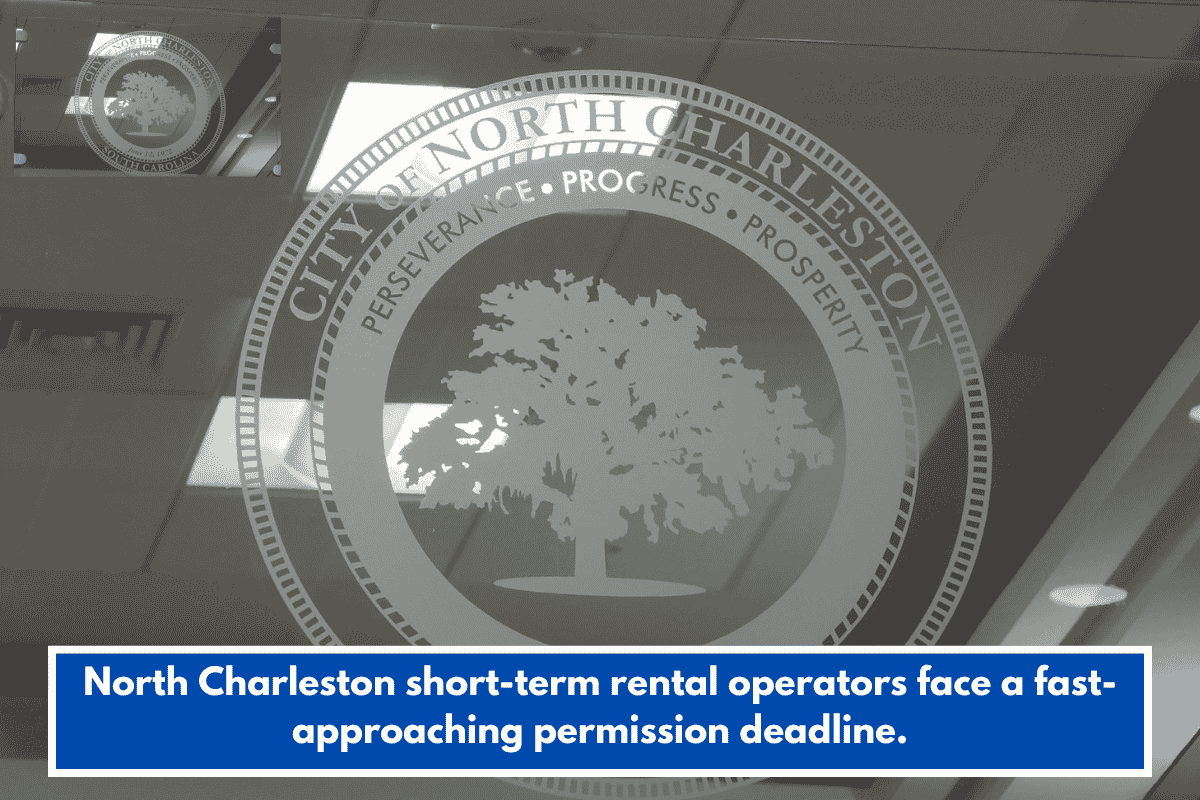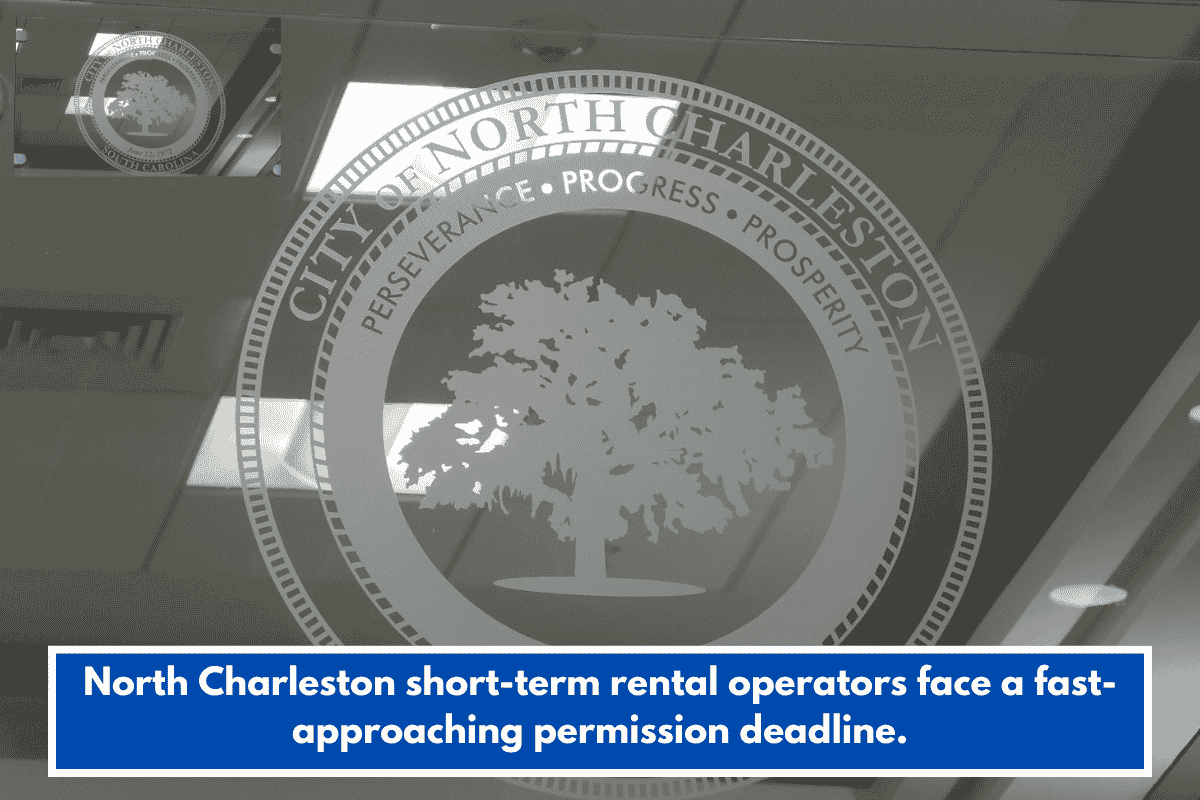Florida is often seen as the perfect place to retire, thanks to its sunny weather, no state income tax, and laid-back lifestyle. However, just like any destination, Florida comes with its own set of advantages and challenges for retirees. In this article, we’ll take a closer look at the pros and cons of retiring in the Sunshine State.
Pro: Ideal Weather for Outdoor Lovers
One of the biggest attractions of Florida is its weather. If you love sunny days, warm temperatures, and outdoor activities, Florida could feel like paradise. The state is known for its tropical and subtropical climate, which means mild winters and hot summers.
Whether you enjoy playing golf, walking along the beach, or hiking through nature, Florida’s year-round warm weather makes it easy to stay active and healthy. Forget shoveling snow or dealing with icy roads—Florida allows you to enjoy outdoor activities throughout the year, improving both mood and physical well-being.
Con: High Cost of Living in Some Areas
Although Florida has no state income tax, the cost of living can be quite high in popular areas like Miami, Tampa, and Orlando. Housing prices, in particular, have been rising. For instance, Miami saw an 11.8% increase in housing prices in 2024.
Retirees on a fixed income may struggle with the high costs of living, especially if they want to live in one of the major cities. While more affordable options are available in less touristy areas, the overall cost of living in Florida can still be higher than in other states. It’s crucial to research different regions in Florida to find a location that fits your budget.
Pro: No State Income Tax
Another major advantage of retiring in Florida is that there’s no state income tax. This means you can keep more of your retirement income, including Social Security benefits, pensions, and 401(k) distributions. For retirees living on a fixed income or looking to stretch their savings further, this tax benefit can make a huge difference in your financial security.
Con: Hurricane Season
Hurricane season, which runs from June to November, is a significant downside for many Florida residents. While Florida has strong disaster preparedness plans, the threat of hurricanes and tropical storms is something every retiree should consider before moving there.
The risk of property damage and flooding, especially in coastal areas, can be stressful for those not accustomed to hurricane season. Evacuations and recovery from storms can also be a burden, making it important to plan ahead if you’re considering retiring in Florida.
Pro: Beautiful Beaches and Natural Beauty
Florida is home to some of the most beautiful beaches in the U.S., with miles of sandy shores and clear blue waters. Whether you want to relax on the beach, swim in the ocean, or simply enjoy the view, Florida offers countless opportunities to unwind by the water.
Beyond the beaches, Florida boasts national parks, wildlife reserves, and stunning natural landscapes. From the Everglades to the Florida Keys, there are plenty of places to explore and enjoy the state’s natural beauty.
Con: High Humidity and Heat
While Florida’s warm weather is a draw for many, the heat and humidity during the summer months can be overwhelming. Temperatures often reach the 90s, and the humidity can make it feel even hotter.
For retirees who aren’t used to extreme heat or who have health conditions sensitive to high temperatures, Florida’s summer weather can be difficult to handle. Dehydration, sunburn, and exhaustion can be common issues, so it’s important to stay hydrated and take precautions during the hottest months.
Pro: A Retiree-Friendly Community
Florida has earned the title of “retirement capital” of the U.S. thanks to its many 55+ communities that cater specifically to retirees. These communities offer amenities like golf courses, swimming pools, and clubhouses, making it easy to meet new people and build friendships.
According to a WalletHub study, several Florida cities rank highly as ideal retirement destinations, including:
- Orlando (1st place)
- Miami (2nd place)
- Tampa (4th place)
- Fort Lauderdale (5th place)
- St. Petersburg (8th place)
If you’re looking to connect with others who share similar interests, Florida is a great place to be.
Con: Limited Public Transportation
Although Florida is great for driving, the state isn’t known for having extensive public transportation options. Many areas, especially rural or suburban regions, have limited bus and train services.
If you prefer public transit or no longer wish to drive, you may find Florida’s lack of transportation options to be a disadvantage. In cities like Miami, Orlando, and Tampa, public transportation is somewhat better, but owning a car is almost essential in many parts of the state for everyday tasks like shopping, doctor’s appointments, and errands.
Florida is undeniably a great place to retire, with its warm weather, no state income tax, and a welcoming community for retirees. However, the state also has some challenges, including the high cost of living in popular areas, the risk of hurricanes, and the intense heat and humidity in the summer months.
Before making the move to Florida for retirement, it’s important to consider both the benefits and the drawbacks. With careful planning and research, Florida can be the perfect retirement destination, but make sure it fits your lifestyle and budget.














